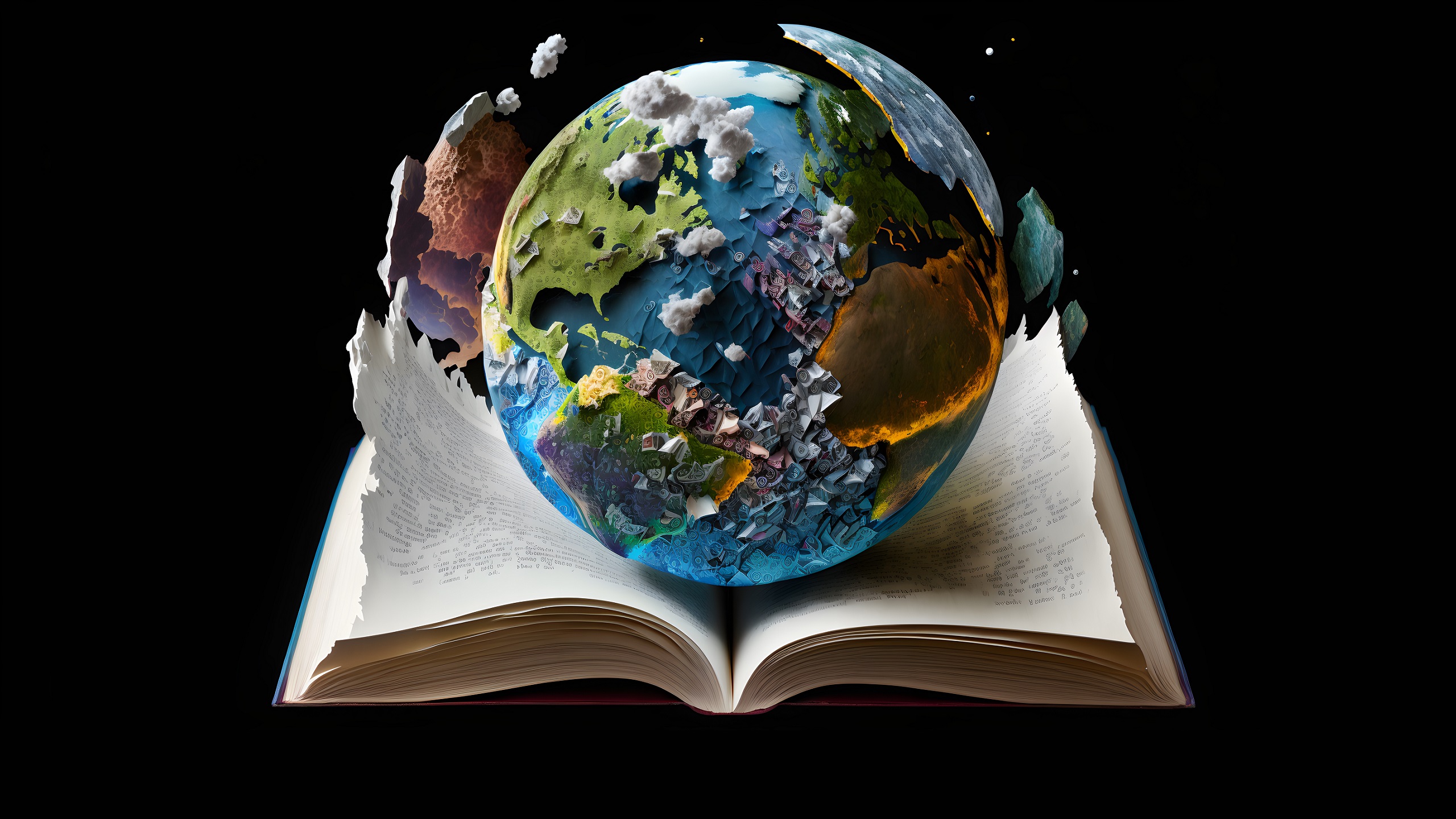2023: A Pivotal Moment in International and Regional History
Al-Masry Al-Youm, Egypt, April 6
In recent weeks, I have been closely monitoring international events, particularly those related to the Middle East. These events have raised numerous questions that remain unanswered. Initially, I was hesitant to address these issues due to their complexity and the unpredictability of their consequences. However, I realized that their importance and gravity require us all to carefully consider them and prepare for the turbulent and unstable period ahead. While this stage carries many risks, it could also present potential opportunities for those who are able to take advantage of them. The central question standing in front of us now is: how can the intensifying tensions between Russia and Ukraine be quelled after the United Kingdom announced the delivery of potentially hazardous armaments to Ukraine, while Russia declared the deployment of certain nuclear components in Belarus? Is the situation slipping out of control? NATO’s stance is that Russia must be fought until it is defeated. On the other hand, there are many who believe that concessions must be made to Moscow in order to push it toward a cease-fire. The outcomes so far are disputable and not promising. Given that Russian culture is not accustomed to conceding defeat, has Putin’s political future become linked to that of Ukraine? Is Joe Biden’s political future contingent on the Ukrainian situation? Will their respective political futures be compromised if either president appears to show weakness or an unwillingness to compromise? Are we entering a cycle of escalation and de-escalation similar to the Korean conflict, with citizens on the ground paying the price? Are the US and the West seeking to escalate tensions and start a new Cold War with China? There is evidence of a clear attempt by the US to maintain its international hegemony since the end of the Cold War. The recent AUKUS agreement between the United States, Britain, and Australia, which allowed for the supply of nuclear submarines to Australia, has angered China and many Asian nations. This has sparked speculation of a potential Chinese-Russian counter-alliance in response to the West. However, despite China’s rejection of American and Western hegemony, it still prefers fierce competition with the West over direct confrontation with it, as long as the US does not attempt to extend its hegemony to neighboring regions in Asia. As major powers rise and decline, other countries are adjusting their policies in response. India, which borders China and has historical relations with Russia, has held back from condemning Russian actions in Ukraine. This shift in attitude has been accelerated by Russia’s provision of advanced weapons to China that India did not receive, as well as Russia’s strengthening of ties with the Arab Gulf and Middle East, including Israel. Russia has also entered into groups such as I2U2, made up of the United States, the United Arab Emirates, Israel, and India, as well as BRICS, which comprises Brazil, Russia, India, China, and South Africa. The Philippines has gone a step further, modernizing a runway at Basa Air Base to create the first new US naval base in the country in 70 years. It is clear that these shifts in major power dynamics can have a significant impact on the policies of other nations. As the world continues to grapple with the economic cost of the COVID-19 pandemic and the Ukrainian conflict, questions remain as to whether the dollar will stay the main currency in the global economic system. Meanwhile, the lifting of medical restrictions in China could open the door to its markets and its productive power, reviving international trade. It is uncertain how this will affect the economies of affluent and developing countries. The long-standing Algerian-Moroccan rift, which has focused on the Western Sahara issue, is yet to be resolved. Similarly, the future of Tunisia remains uncertain, as does the potential for bridging the gaps between the Libyan parties vying for power with various international interventions. While the UN Security Council has proposed a pathway forward and there are signs of hope in Egyptian-Turkish relations, Egypt still faces economic hardship, huge debt, and the challenge of water scarcity. There is also instability in Sudan, which continues to alternate between relief and crises. In the Middle East, one of the pressing questions is whether the Israeli government’s intransigence has completely eliminated the prospects of a peaceful solution with the Palestinians. This has resulted in the continuation of the conflict between the two peoples over land and national identity, with the number of Palestinian deaths increasing since the formation of the current racist Israeli government. How does this failure of the peace process affect the stability of Jordan? Will we continue to see normalization with Arab countries? Are we witnessing a shift in regional dynamics between Arab and Middle Eastern countries after years of decline? And as Turkish presidential elections approach, could this extend to its illegal military presence in Syria and Iraq? What is the impact of the Saudi-Iranian agreement, negotiated with Chinese backing, which follows decades of US hegemony in the region? Will this lead to the reshaping of the Middle East and its international relations? Evidence suggests that a thaw in relations between several Arab countries and Syria is underway, most recently evidenced by the Syrian foreign minister’s visit to Cairo. While it is difficult to predict the outcome of these developments, it is evident that we are at a pivotal moment in international and regional history. The decisions taken in 2023 will shape the future of the region politically, economically, and socially. Everyone has a stake in this process, and only God knows what will happen next. —Nabil Fahemy (translated by Asaf Zilberfarb)


